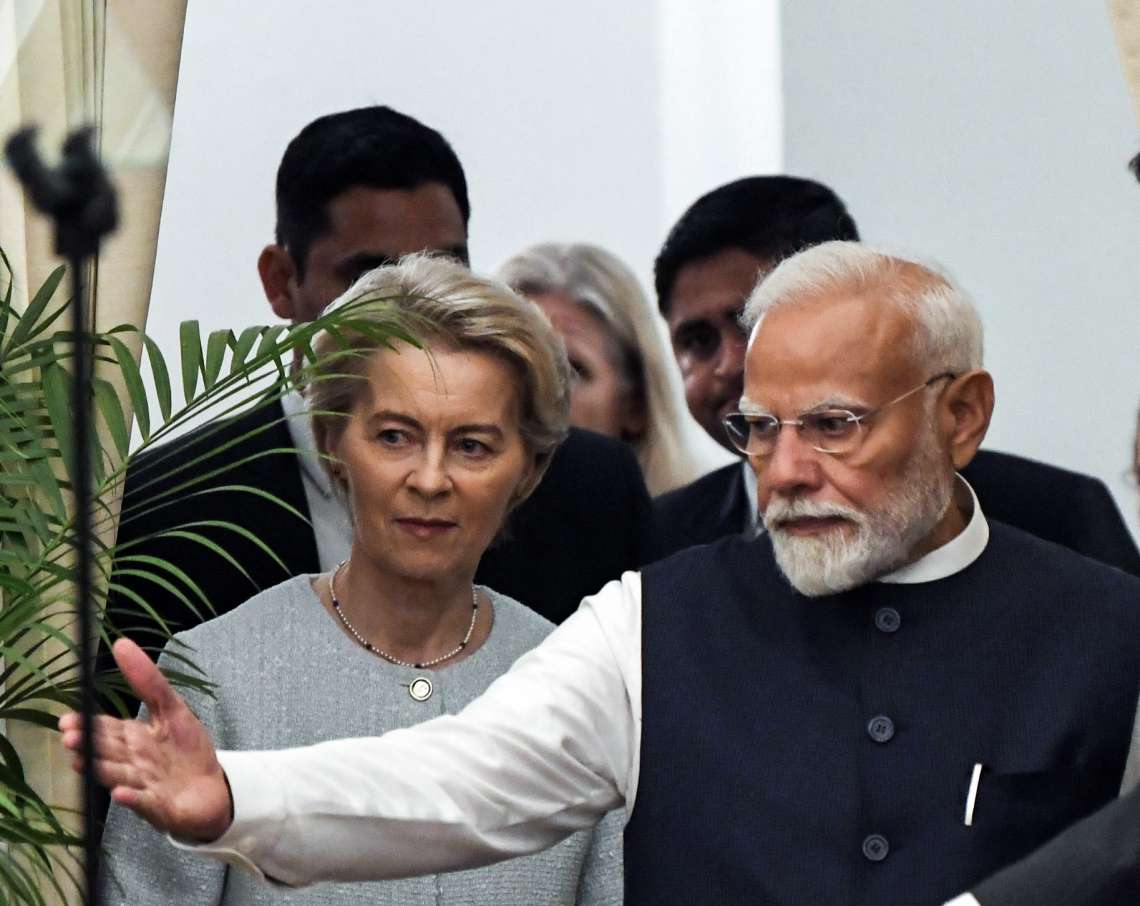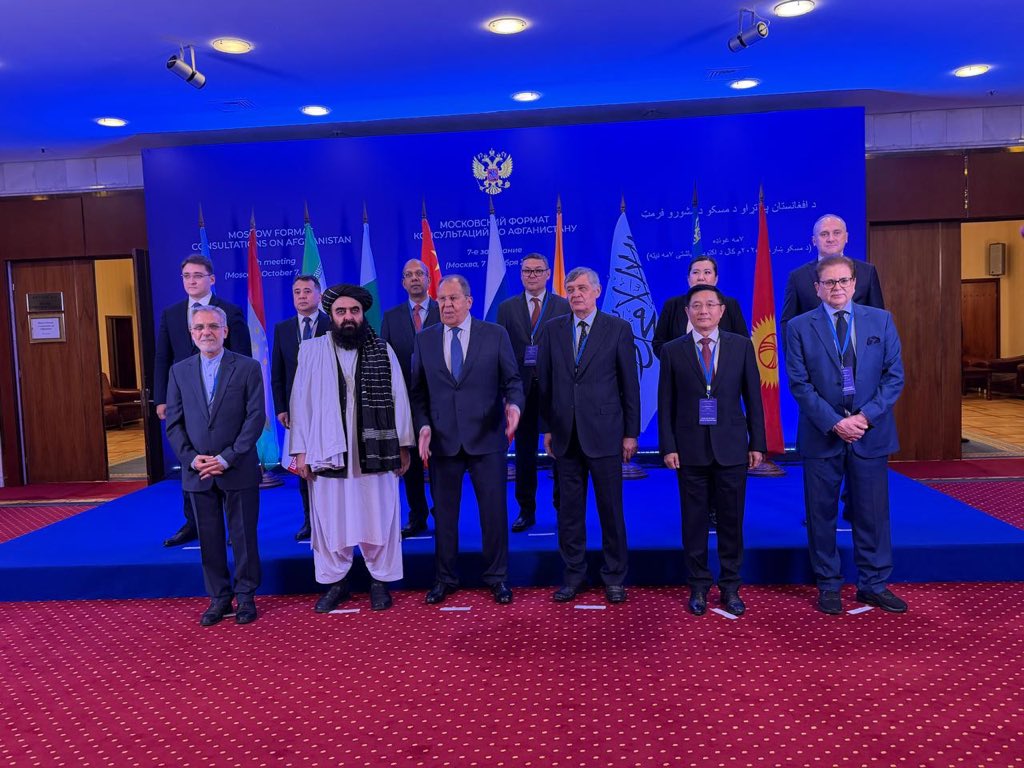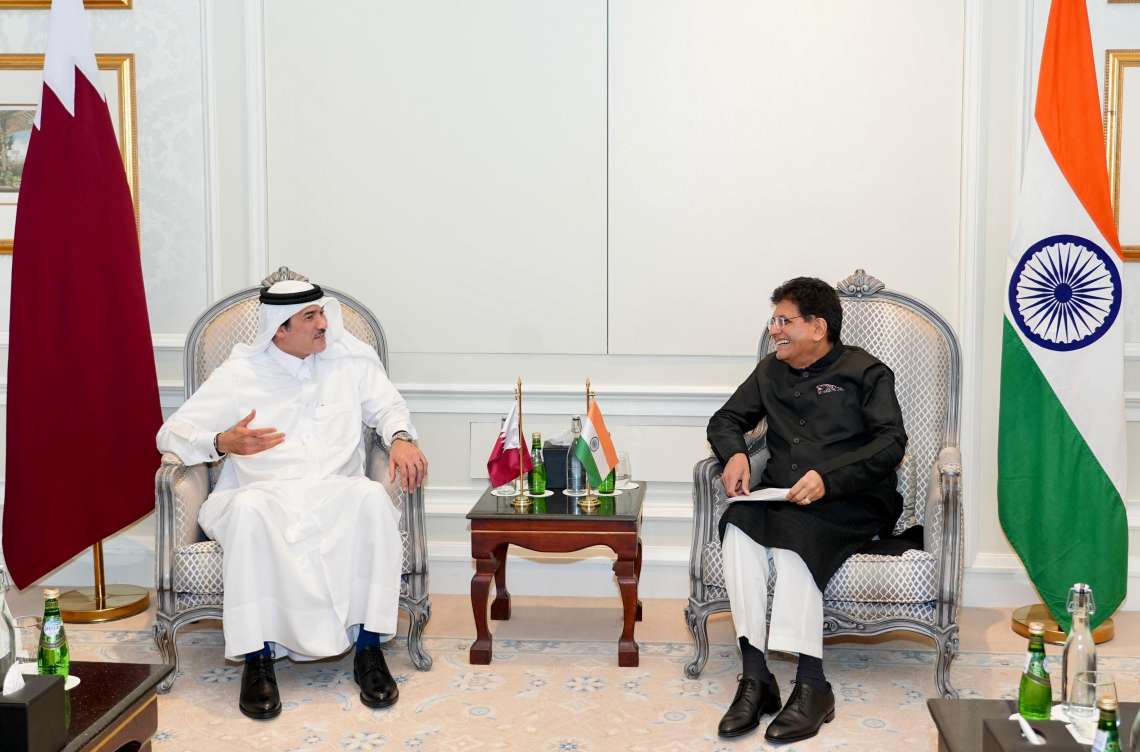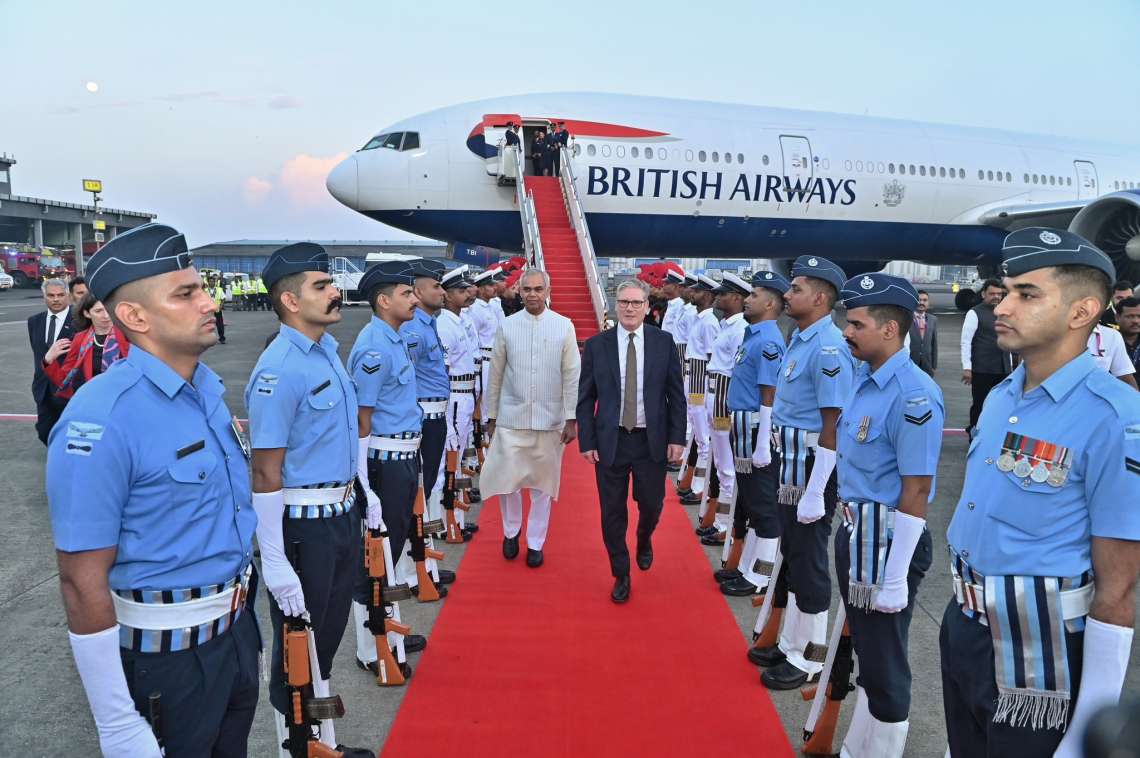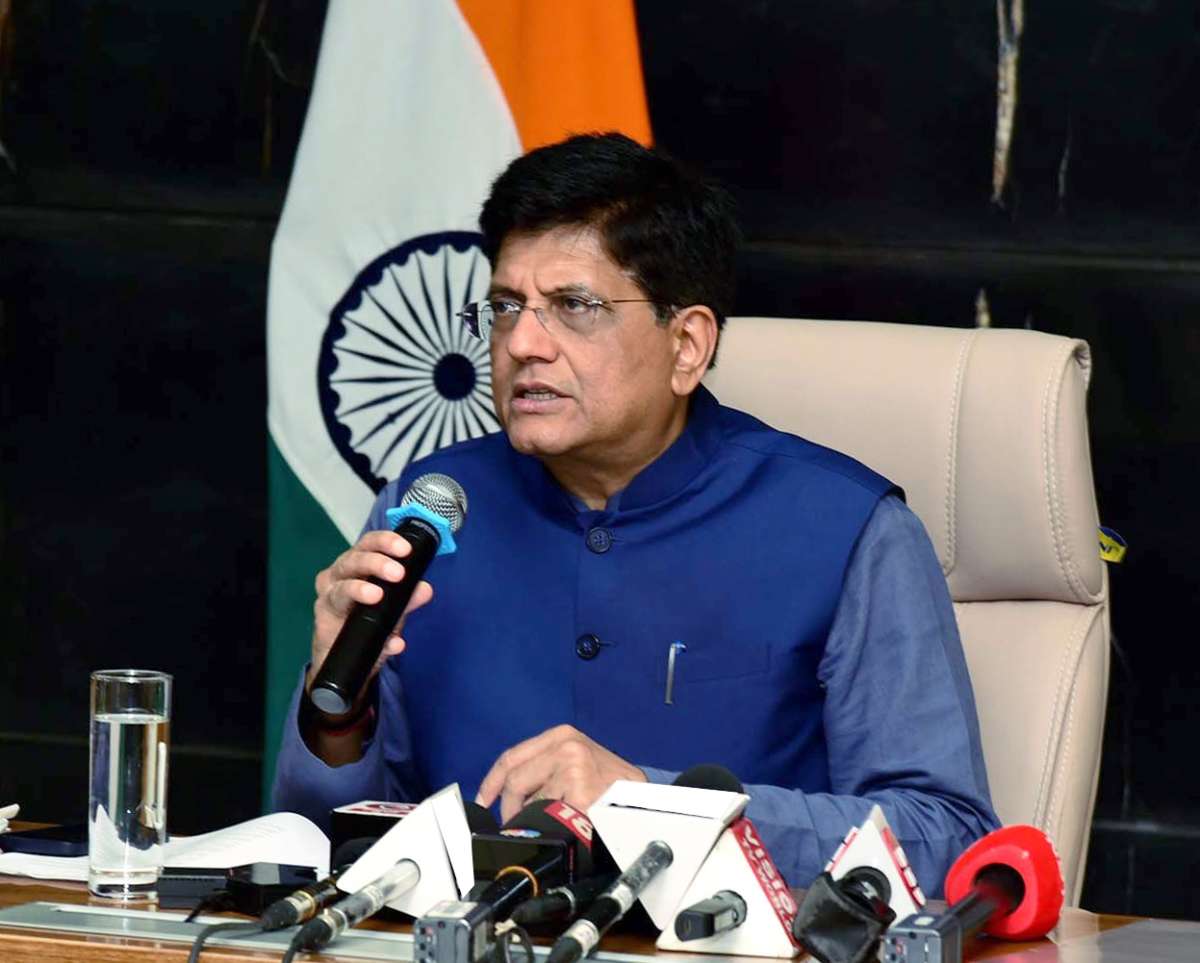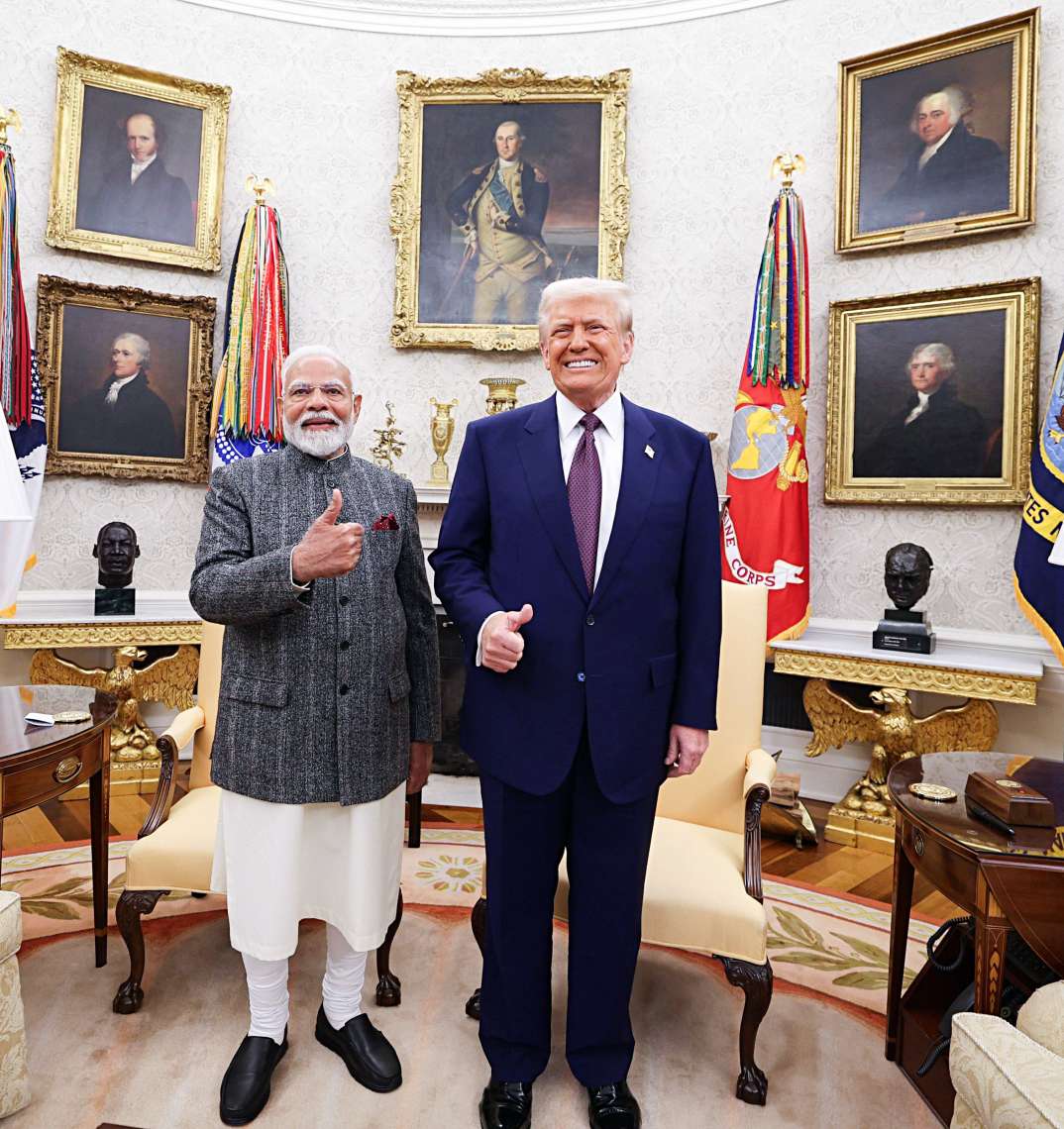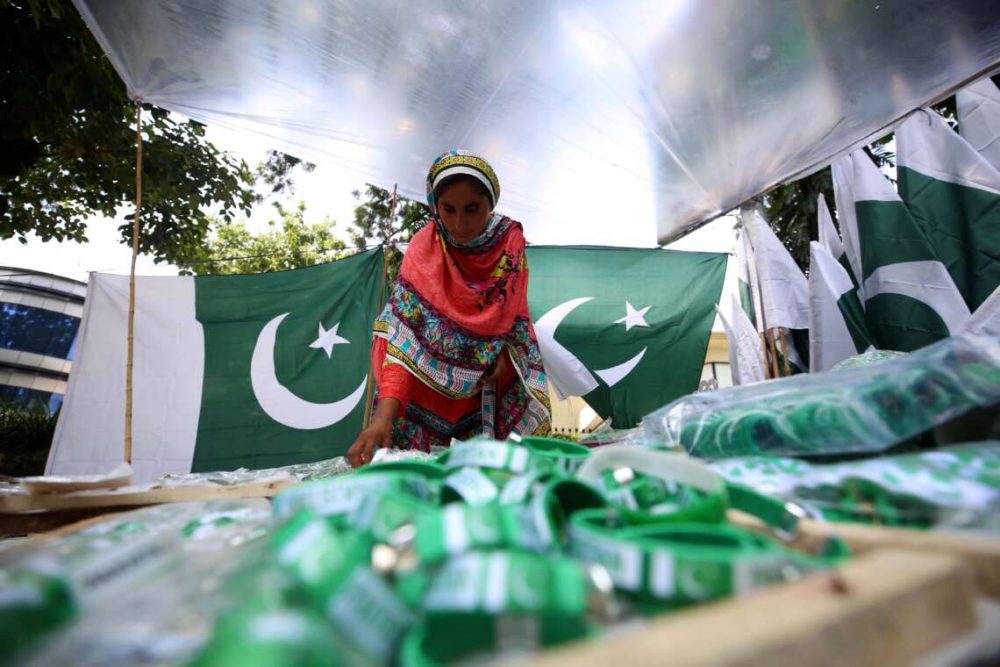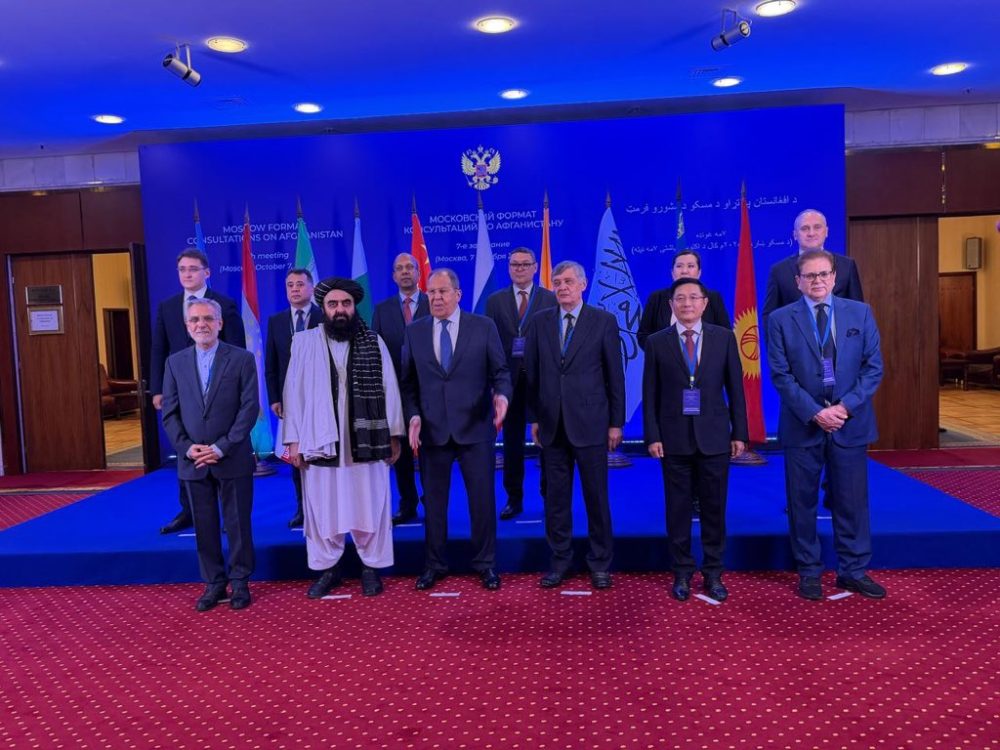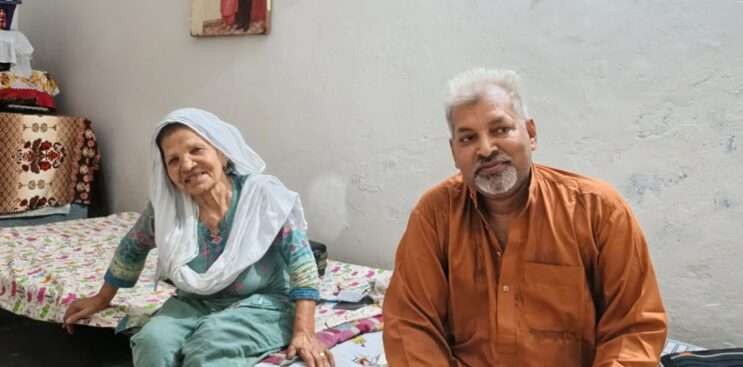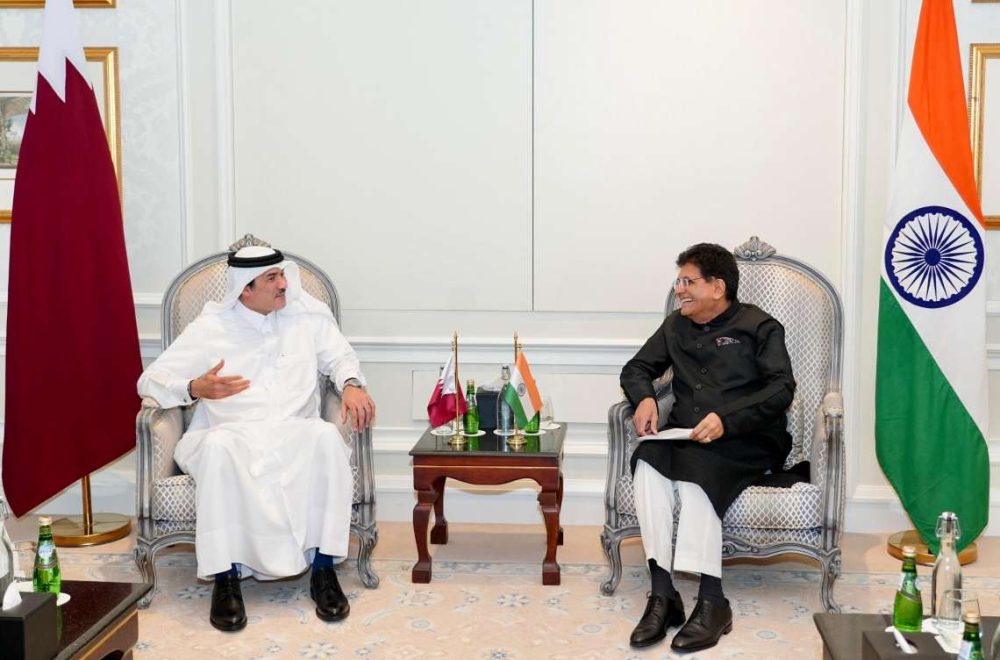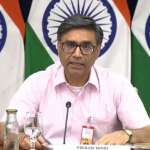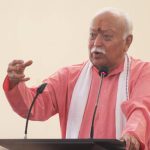Brussels unveils fresh agenda to deepen trade, security and global cooperation with New Delhi…reports Asian Lite News
The European Union has unveiled a new strategic agenda with India in a move that Brussels describes as a decisive step forward in one of its most important global partnerships. The initiative, announced by the European Commission and the bloc’s High Representative, is framed as a wide-ranging effort to expand trade, bolster security, accelerate clean energy transition and increase cooperation on global challenges.
The plan, formally presented as a Joint Communication titled the “New Strategic EU–India Agenda”, is intended to raise bilateral relations to a higher level. It follows months of engagement between senior officials, including a visit by the Commission’s College of Commissioners to New Delhi earlier this year. Commission President Ursula von der Leyen has made strengthening ties with India a priority of her second term, having pledged in her 2024–2029 Political Guidelines to cultivate deeper links with trusted partners at a time of global turbulence.
“Now is the time to focus on reliable partners and double down on partnerships rooted in shared interests and guided by common values,” von der Leyen declared in a statement. “With our new EU–India strategy, we are taking our relationship to the next level. Advancing trade, investment and talent mobility. Strengthening our joint economic security. Advancing the clean transition and driving innovation together. Deepening our industrial cooperation in defence. Europe is already India’s biggest trading partner, and we are committed to finalising our Free Trade Agreement by the end of the year. Europe is open for business. And we are ready to invest in our shared future with India.”
The strategic communication identifies five key areas where the EU and India can work more closely. Officials say these areas reflect not only the complementarity of the two economies but also the urgency of responding to wider geopolitical upheavals. Among the priorities are advancing negotiations on the long-discussed Free Trade Agreement, expanding investment opportunities on both sides, cooperating more closely in defence industries, tackling climate change through joint innovation, and promoting talent mobility.
Brussels argues that the new agenda builds on existing ties while acknowledging that the world has changed dramatically since the EU and India last recalibrated their relationship. The Commission says the shockwaves from the war in Ukraine, supply chain vulnerabilities exposed by the pandemic, and rising tensions in the Indo-Pacific all underscore the need for Europe to diversify and for India to consolidate its growing global role.
The statement stressed that closer EU–India relations are now essential not just for prosperity but also for security. By diversifying supply chains and strengthening joint economic security, both sides aim to insulate themselves from disruptions in the global order. Officials also point to the importance of joint engagement with other partners, positioning India as a central actor in Europe’s outreach to Asia and beyond.
The focus on defence and industrial cooperation marks a notable shift in tone. European officials have historically emphasised development and trade in their dealings with India, but the new agenda explicitly calls for deeper collaboration in defence technology and industrial capacity. Analysts say this reflects both India’s ambitions to strengthen its defence manufacturing sector and Europe’s recognition that strategic autonomy requires reliable partners outside its traditional alliances.
At the same time, climate and innovation remain at the forefront. Both sides are seeking to accelerate the clean energy transition, with Europe hoping to tap into India’s fast-growing renewables market while sharing expertise in green technologies. Collaborative research, investment in sustainable infrastructure, and joint innovation programmes are expected to form the backbone of this pillar of the agenda.
Talent mobility is another area singled out for expansion. The Commission says easing pathways for skilled professionals, students and researchers to move between Europe and India will help drive innovation and economic growth on both sides. While this is still in early discussion, Brussels believes such arrangements could be crucial in sectors such as technology, pharmaceuticals and green energy.
The free trade agreement, however, looms largest. Europe remains India’s biggest trading partner, but negotiations for a comprehensive FTA have long stalled due to disagreements over tariffs, intellectual property and market access. Von der Leyen’s pledge to conclude talks by the end of the year sets an ambitious deadline, signalling political will at the highest level to break the deadlock.
Diplomats caution that hurdles remain, not least India’s traditionally cautious approach to trade liberalisation. Yet officials in both Brussels and New Delhi say the mood has shifted, with shared concerns over China’s economic reach and the fragility of global supply chains pushing both sides towards compromise.
The Commission’s communication also highlights the global dimension of the partnership. Both the EU and India are seen as pivotal actors in tackling challenges such as climate change, digital governance and health security. The agenda calls for more joint engagement in international forums and collaboration with third countries, reflecting Europe’s recognition of India’s rising influence on the global stage.
For the EU, the new strategy is part of a broader recalibration of its external relations. As Brussels seeks to become less dependent on unstable partners and project itself as a geopolitical actor, India emerges as a natural ally. For India, deepening ties with the EU offers access to technology, capital and markets that can underpin its ambitions to become a leading global power.
The challenge now will be translating the ambitious agenda into tangible outcomes. Negotiators will need to make progress on trade talks, regulators will have to ease mobility frameworks, and industries will need to seize opportunities for joint ventures. But both sides appear determined to push forward, framing the partnership not as optional but as necessary in an era of shifting alliances and unpredictable shocks.
If successful, the new EU–India agenda could mark the start of a more mature phase in relations, where Europe and India not only trade more but also shape the global order together.


